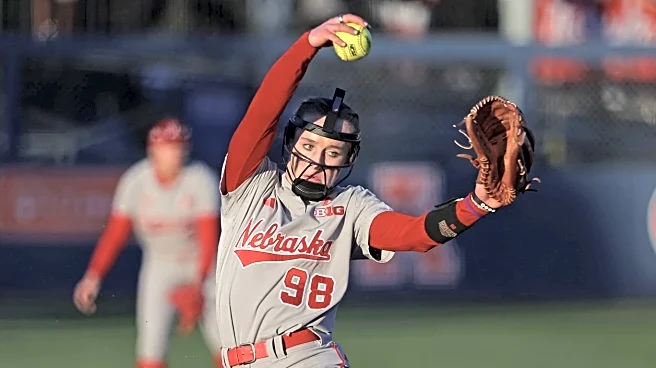What's Happening?
New Scientist's 'Last Word' series invites readers to submit scientific questions about everyday phenomena, ranging from practical concerns to hypothetical scenarios. This week's questions include whether it is better to walk a mile along a busy main
road for exercise or catch a bus to reduce exposure to air pollution. Another inquiry explores the evolutionary reasons behind 'ghosting' people and its psychological effects. The series encourages scientific discourse by allowing readers to answer each other's questions, fostering a community of inquiry and knowledge sharing.
Why It's Important?
The 'Last Word' series provides a platform for public engagement with science, encouraging curiosity and critical thinking about everyday issues. By addressing questions that relate to health, social behavior, and environmental concerns, the series highlights the relevance of scientific inquiry in daily life. This approach can enhance public understanding of science and promote informed decision-making. It also underscores the importance of considering scientific perspectives in addressing societal challenges, such as pollution and interpersonal relationships.
What's Next?
As the 'Last Word' series continues, it may inspire more individuals to engage with scientific topics and seek evidence-based answers to their questions. This could lead to increased public interest in science and technology, potentially influencing educational initiatives and public policy. The series may also expand to cover a broader range of topics, reflecting emerging scientific trends and societal concerns. Readers may continue to contribute questions and answers, fostering a dynamic exchange of ideas and knowledge.
Beyond the Headlines
The series highlights the role of science in understanding complex social behaviors, such as 'ghosting,' and its impact on mental health. It also raises awareness about environmental issues, such as air pollution, and their implications for public health. By encouraging scientific inquiry into everyday phenomena, the series promotes a culture of curiosity and lifelong learning. This approach can contribute to a more scientifically literate society, better equipped to address contemporary challenges.















